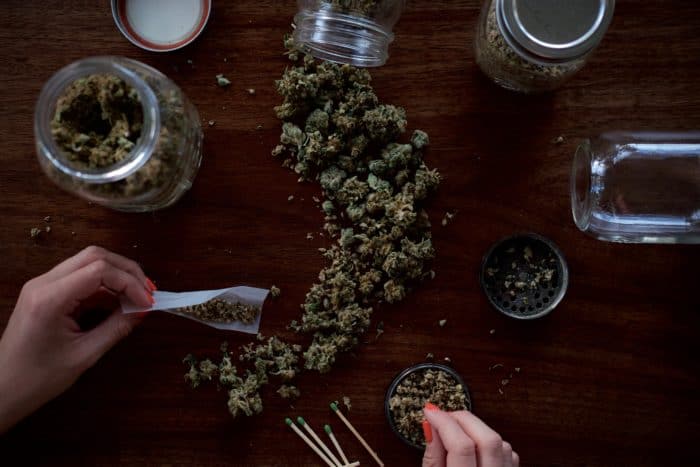
How Addictive is Marijuana?
Marijuana is a complicated topic when it comes to the legal system. Many believe it should be legalized for free use, while others feel the

Marijuana is a complicated topic when it comes to the legal system. Many believe it should be legalized for free use, while others feel the
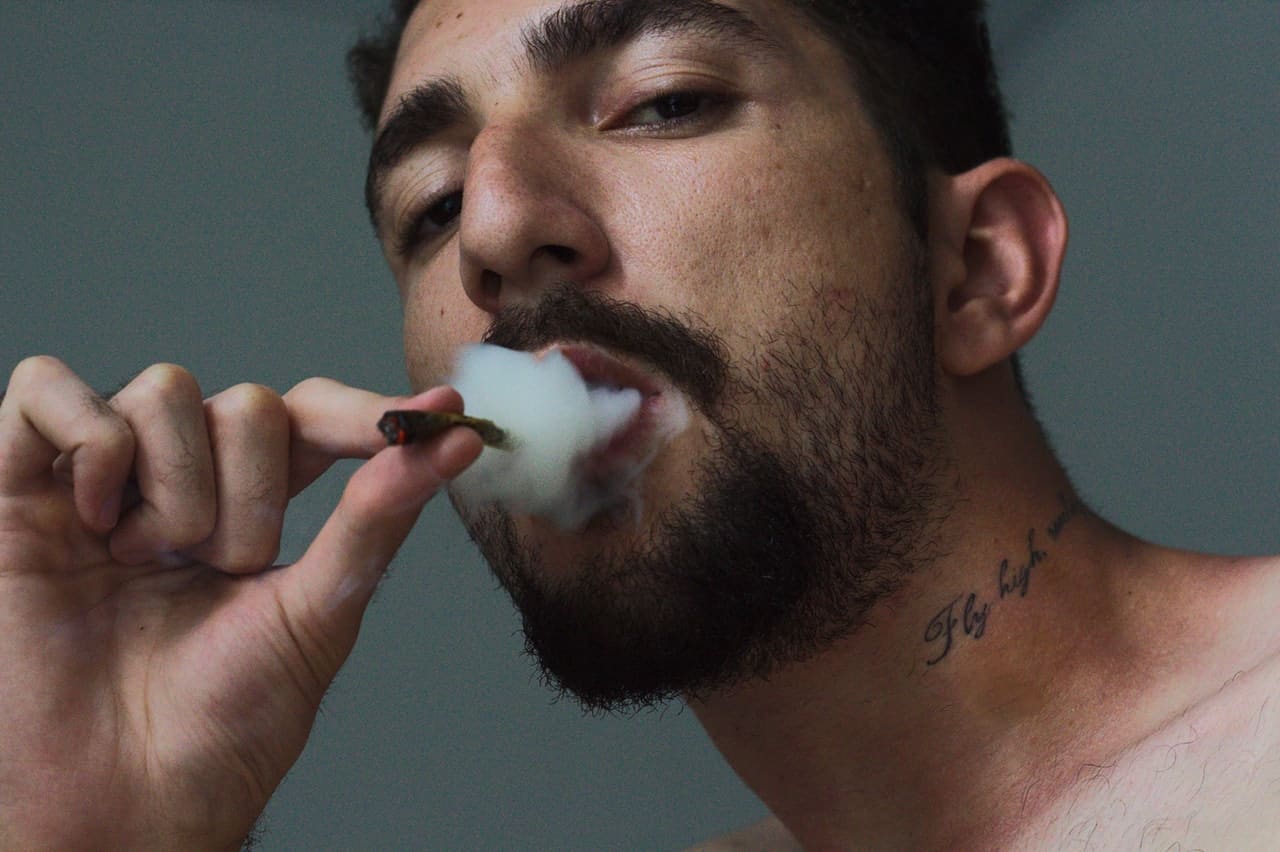
Millions of Americans smoke marijuana regularly because they don’t believe it’s a dangerous drug. In fact, many may believe marijuana is not addictive and they
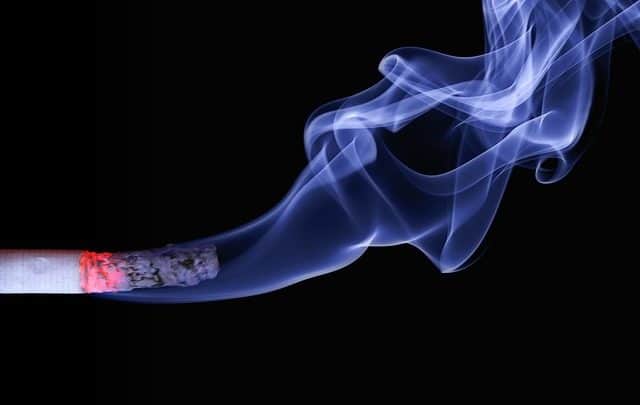
There are many different perspectives regarding the use of marijuana and its harmfulness, and some even may question its addictive ability. However, it’s very possible
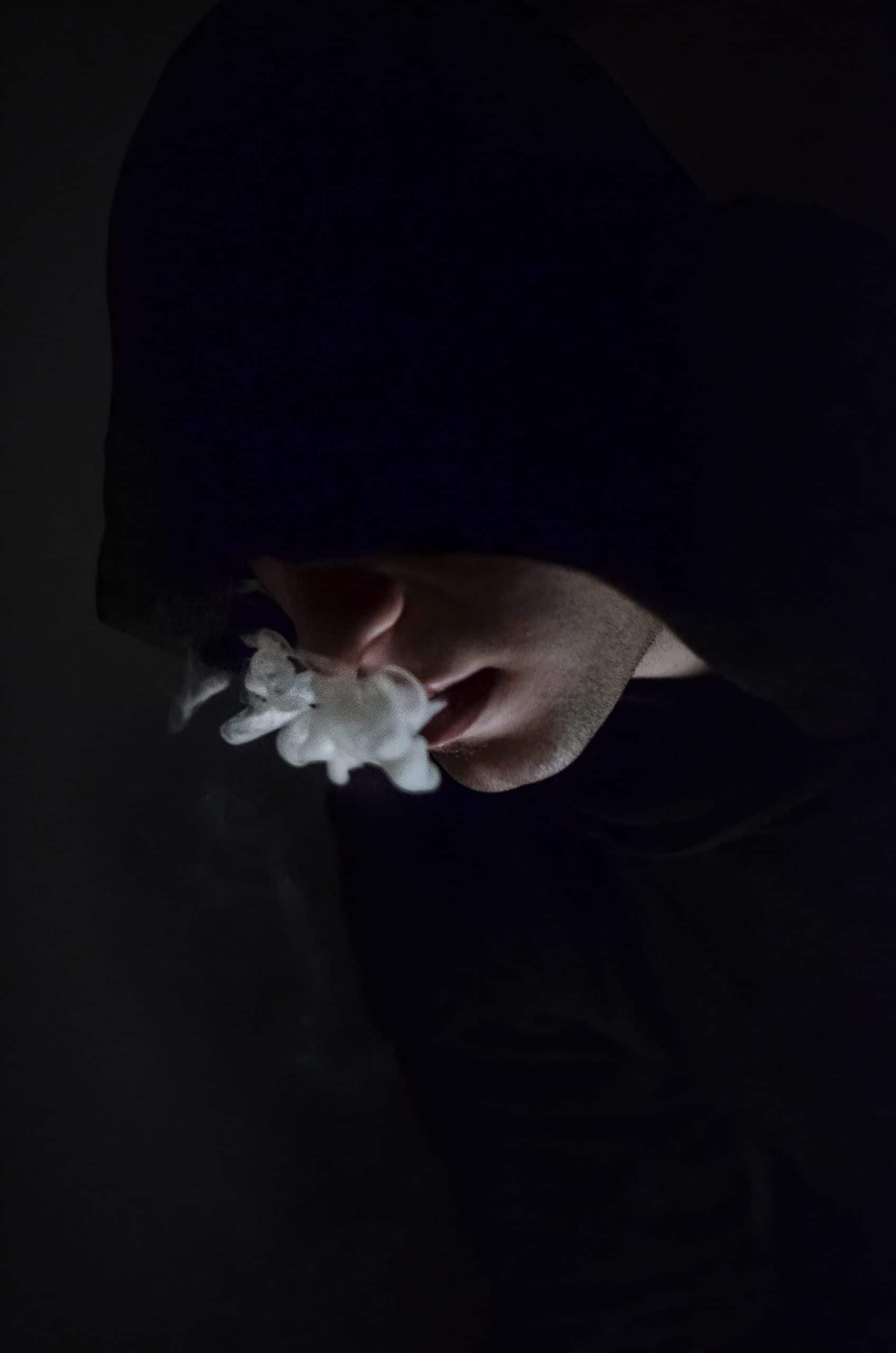
It’s safe to say today’s marijuana is not like the marijuana of even a few decades ago. Levels of tetrahydrocannabinol, or THC, the psychoactive component

Once someone has made the important decision to seek addiction treatment, the question of how to pay for rehab is not far behind. After all,

Marijuana has been decriminalized in most States, with many people seeing it as a harmless substance. Although smoking weed can be an acceptable way of

Feelings of hopelessness, discomfort, and restlessness go hand in hand with addiction—after all, nearly half of all addicts are dual diagnosis victims, meaning that they
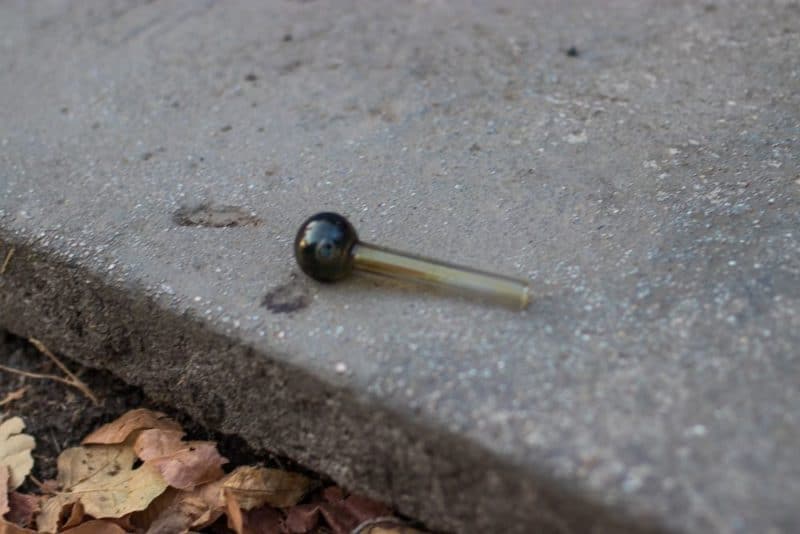
The number of people in America that suffer daily from drug addiction or alcoholism and abuse is astonishing. In 2017 the National Survey on Drug
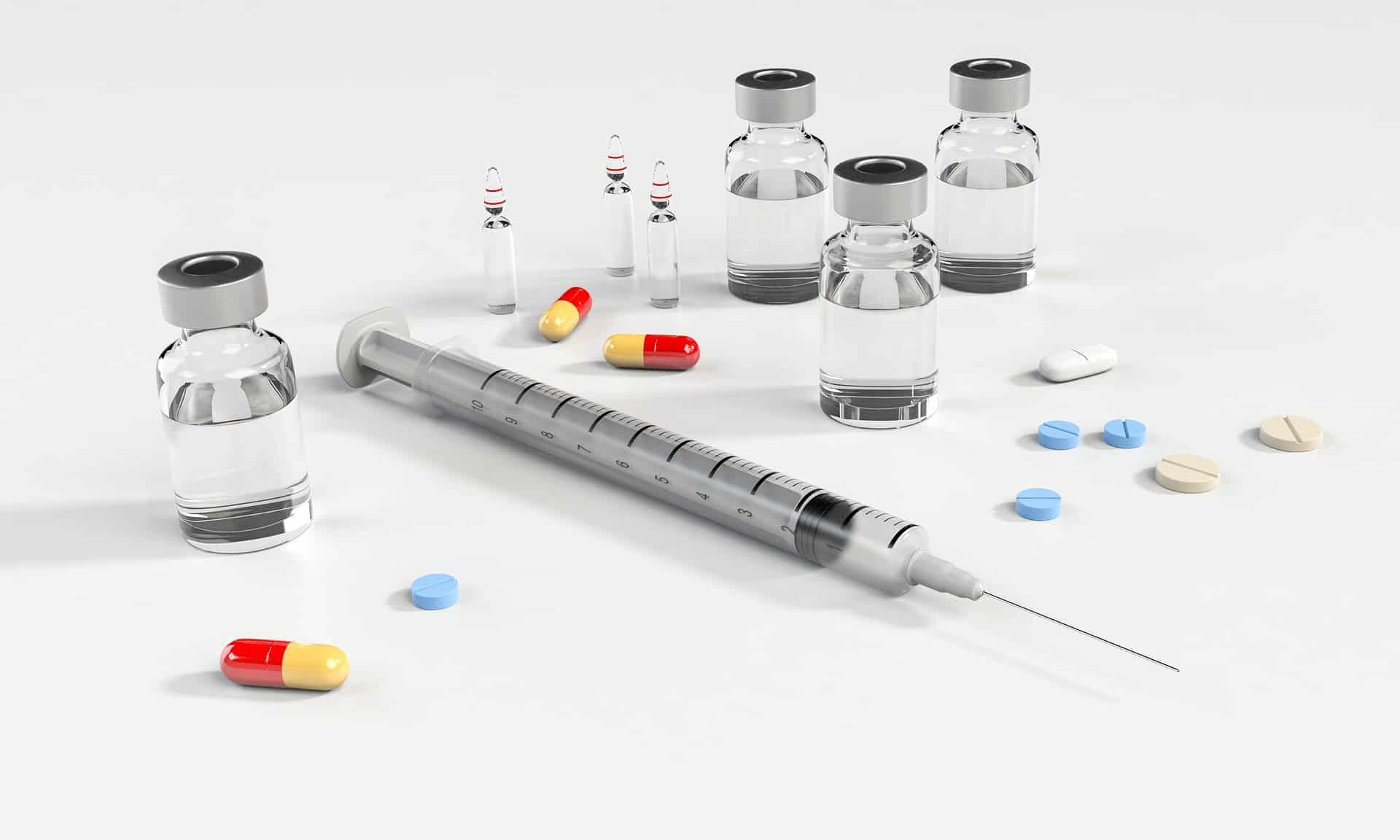
When considering only their chemical makeup, there are six main classifications of drugs: alcohol, opioids, benzodiazepines, cannabinoids, barbiturates, and hallucinogens. Out of all the thousands
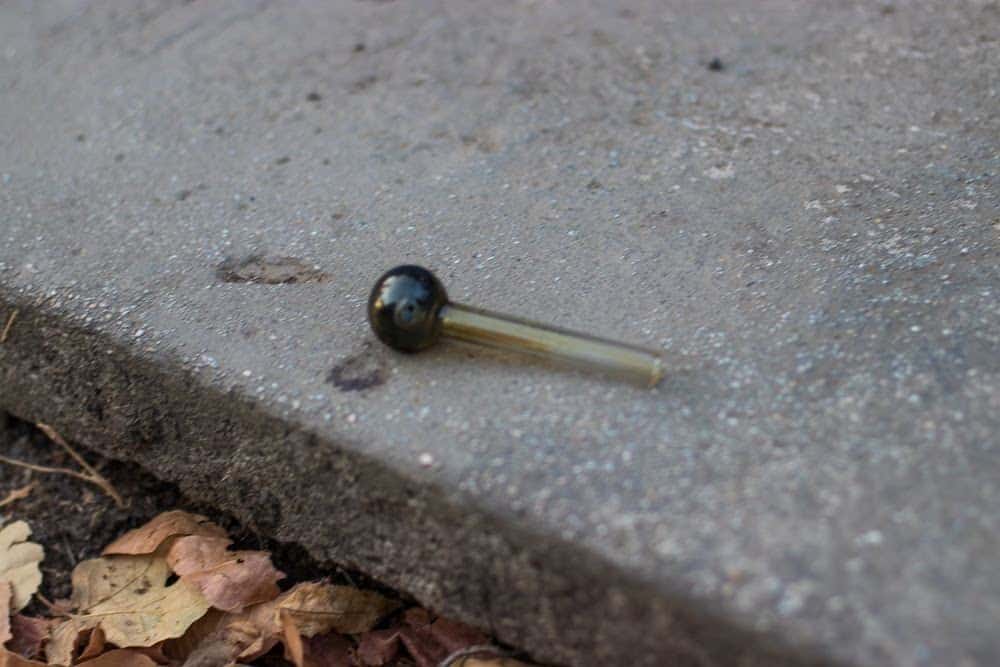
The dramatic increase in drug use, specifically the rise in abuse of prescription opioids and painkillers, comes with significant costs. The most striking is the
It doesn’t matter what time it is, Discovery Place is here and ready to help those impacted by addiction day or night. Whether it is 3 AM or 3 PM, you can start your recovery journey by reaching out to our rehab in the Nashville area.